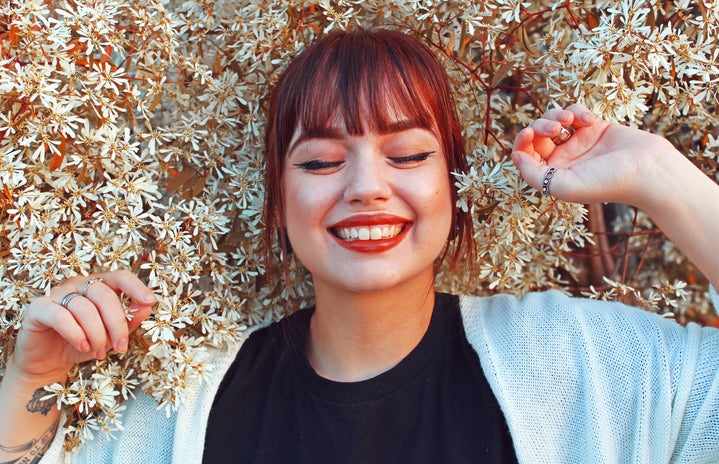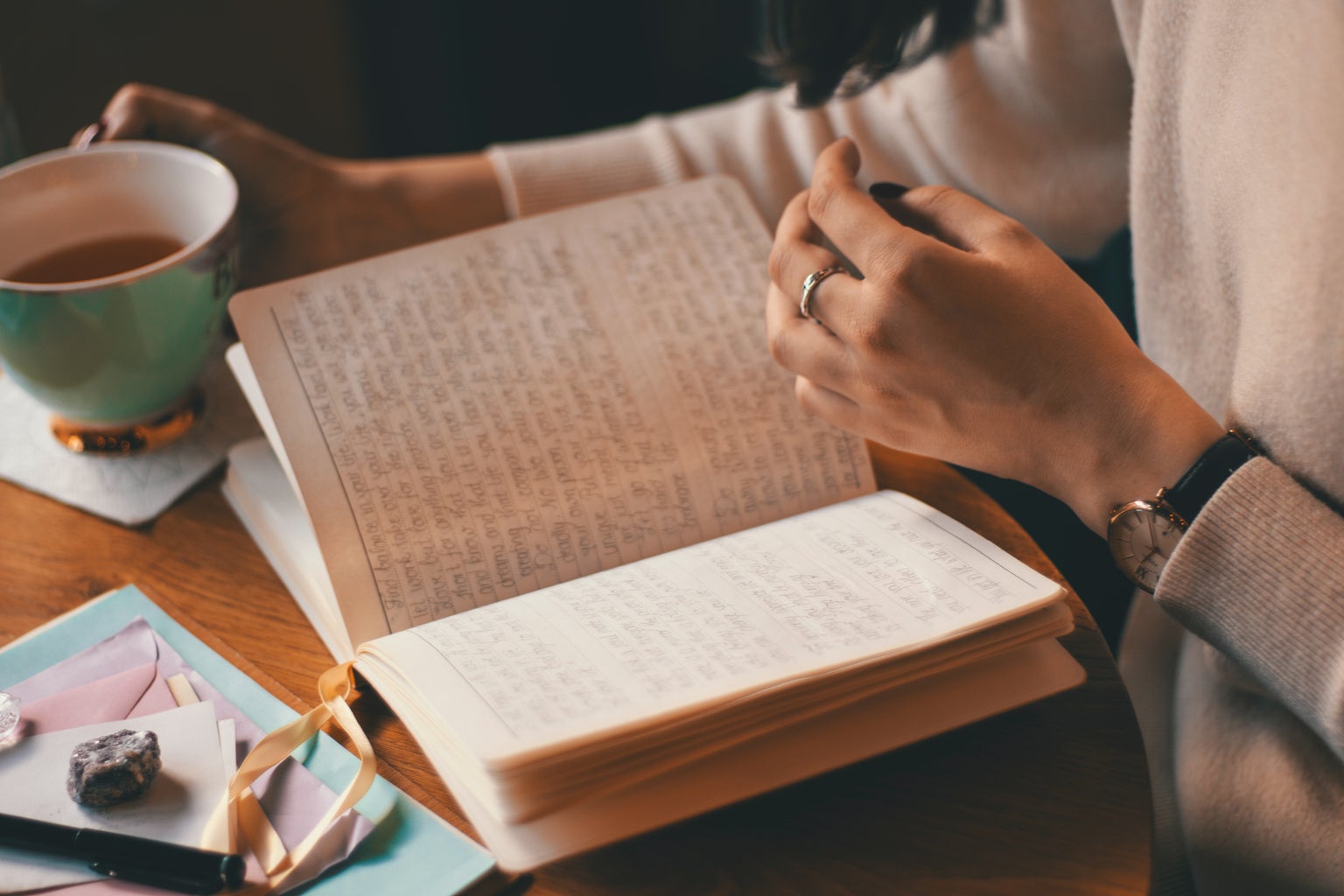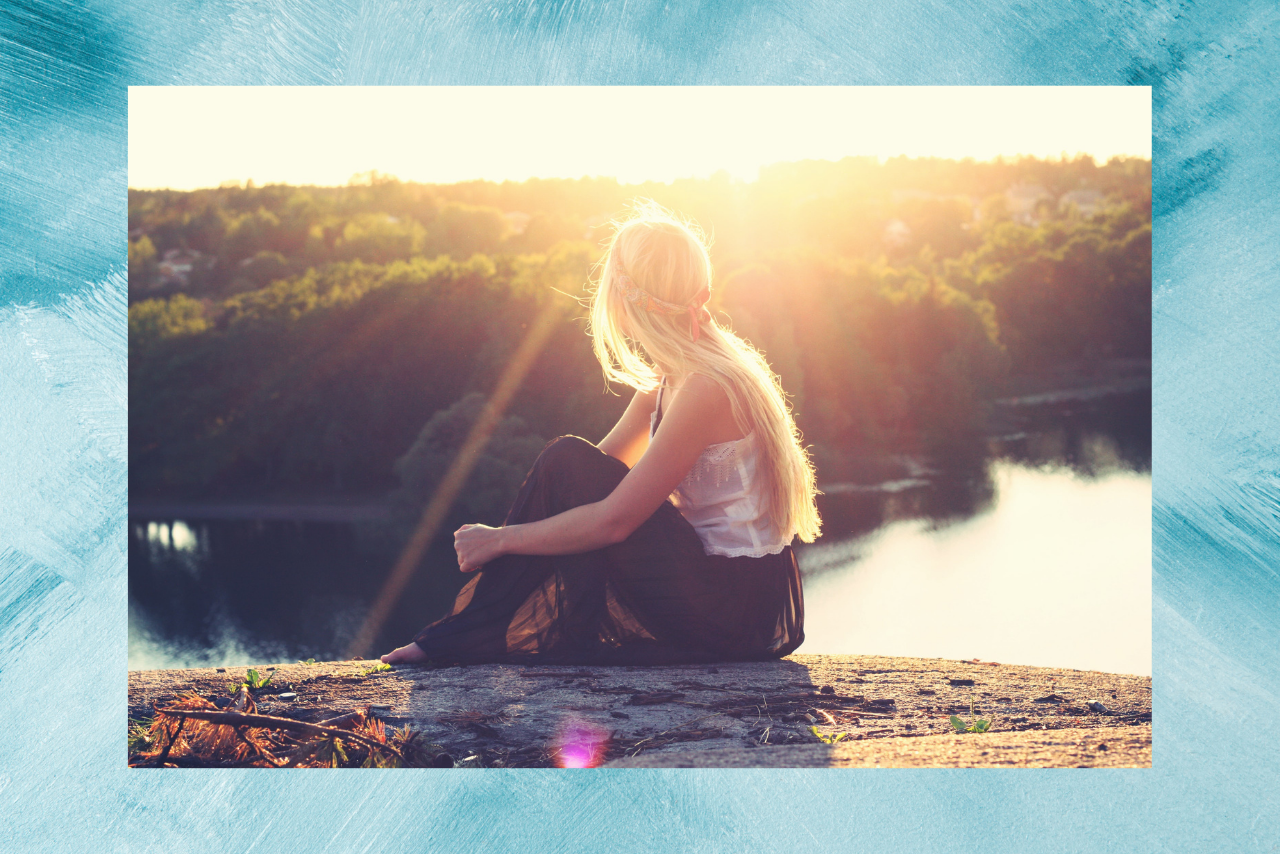Book stores, social media and online platforms are saturated with self help content and pop-psychology. Many of these titles sound along the lines of: “Ten Steps to a Better You”; “This is Why You’re Single”; “These are 20 Habits to Break: Be Unstoppable by Next Year.”
Unlike these titles, so much holistic self-help content allows us to break thought patterns that damage our relationships with ourselves and others, enabling us to overcome insecurities and heal. However, titles and messages like the ones listed, which are more popular than holistic content, do expose our harmful patterns, but under a brooding voice that says: “You need to constantly change yourself to be better. Get as far away from who you used to be as possible. You need to look and be completely different to have the life you want.”
These messages give us pride in being “self aware.” In reality, following these mentalities by constantly nit-picking our mistakes, measuring worth through productivity and social status, and measuring healing through any sort of large life changes – even if negative – is actually holding us back from healing, and is not self-awareness. It is not self awareness to measure healing through any sort of superficial change. This mentality keeps us in a cycle of questioning our souls and meaning, which holds us back from the real, good work. This holds us back from healing because they take us away from our humanness and who we truly are at our core, underneath social conditioning. This takes us away from the art, breath and imperfection of our humanity.
So, with this in mind, what do we do? We scale back from this Westernized view that creates diligent workers, robots and consumers. We move towards what we have to offer as humans— art, beauty, self-compassion and community. It sounds like a simple, overused phrase, but there’s actually more to this. A podcast titled “The Creative Codex” talks about psychoanalyst Carl Jung and technology. The episodes discuss how humans share a collective unconscious. Jung also believes that in our souls, there is a child who wants the most pleasure and survival, and the least amount of pain. To be in pain means to not have food, shelter, or water. Can we stop basing our pleasure off of being the most productive, most ever-changing version of ourselves which will never reach this imaginary “final self”? Can we start basing our pleasure off of helping each other, going outside, meeting new people, and getting back in touch with what makes us human? Can we, especially women, view ourselves as cyclical beings and not meant to work and worry for 24 hours in our day? The final self does not exist. Find a friend and smile at someone.
How do we begin here? We can start healing holistically like this by practicing self compassion. This means having compassion for the child inside of us, and healing by remembering what lit us up as children, and what our real strengths are. Instead of changing these, own them. Remember that you are a human being. (https://positivepsychology.com/self-compassion-exercises-worksheets/).
This means tending to the child inside of us. This means viewing ourselves as imperfect human beings with unique talents, strengths and perspectives, despite the imperfections. This is similar to how we view our friends, for reference. We see beauty inside of our friends, despite their shortcomings or mistakes. We can see the beauty in the everyday, without constantly striving for more with no end. We break the cycle of endless dissatisfaction. We can start romanticizing the little moments which are not shared on social media, which may not make us money, or may not get us into the next social group we would like to be in. Then, we can heal. You can heal your habits, yet see yourself as an imperfect, yet perfect friend to come home to, no matter what changes you make. Or, a beautiful, hard-to-interpret art piece in a museum. Always there, open to interpretation, yet still beautiful.




